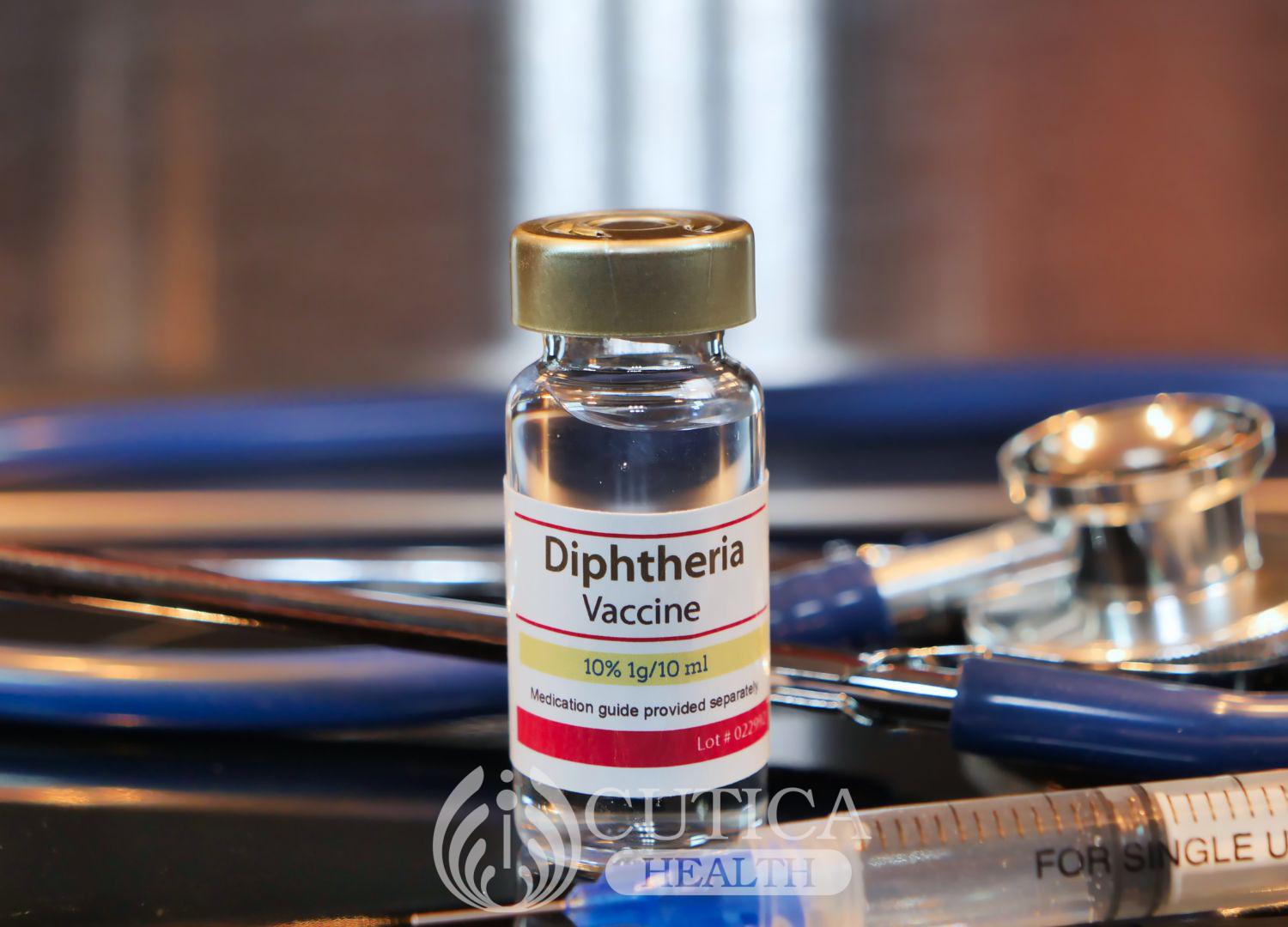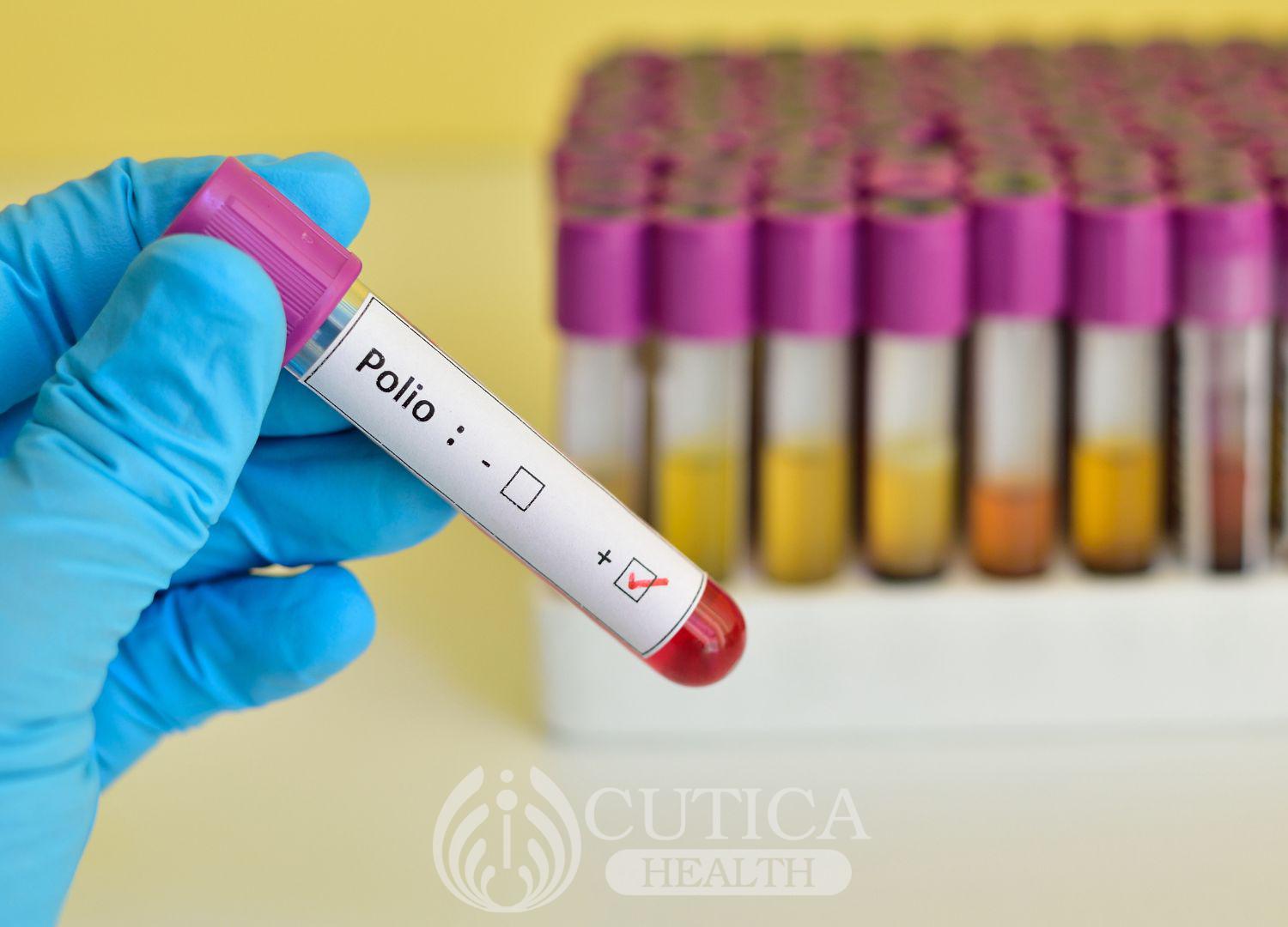
John recently read in the news that there was a diphtheria outbreak in some parts of Nigeria, with 557 confirmed cases in 2023. His friend told him he heard there was a vaccine for diphtheria, but that only children could benefit from it. John didn’t think so and decided to see his family physician for advice.
What is Diphtheria?
Diphtheria is caused by the bacterium Corynebacterium diphtheriae . Diphtheria is highly contagious. Toxins produced by the bacteria cause inflammation and swelling of the throat, difficulty breathing, difficulty swallowing, and choking. The toxin also damages the heart and essential nerves. Diphtheria was once a leading cause of death worldwide. 
Why is Diphtheria Vaccination Important?
Thanks to the development of effective vaccines, diphtheria has become rare in parts of the world where diphtheria vaccination is widely available and used. However, diphtheria outbreaks continue to occur in communities with low vaccination rates.
Herd immunity: Vaccination against diphtheria not only protects individuals but also helps create herd immunity. Herd immunity is when a significant portion of the population is protected from an infection, such as diphtheria. Once there is herd immunity, it becomes harder for the infection to spread. It is generally better to achieve herd immunity through vaccination.
Diphtheria vaccines are often combined with other vaccines to protect against multiple diseases in a single shot. Common combinations include DTaP (diphtheria, tetanus, and pertussis) for children and Tdap (tetanus, diphtheria, and pertussis) or Td (tetanus and diphtheria) for adolescents and adults. The common combination in Nigeria is diphtheria, pertussis, tetanus, polio, and measles and is called the Pentavalent Vaccine.
How are Diphtheria Vaccines Scheduled?
Children: The vaccination schedule for diphtheria begins with vaccinating a child with pentavalent vaccines containing diphtheria, pertussis, tetanus, hepatitis B and Haemophilus influenza type B vaccine. This vaccine combination is given at week six, ten and fourteen as well as at 15-18 months. After that booster doses can be administered between ages 4-7 years. 
Adolescents and adults: Adolescents who have completed the childhood series can receive a booster shot called Tdap between the ages of 11 and 12. For adults, a single booster shot of Td is recommended every ten years.
Are Diphtheria vaccines safe?
Diphtheria vaccines are safe. Common side effects include redness or swelling at the injection site, mild fever, and fussiness in children. Serious side effects are rare.
Conclusion
Diphtheria vaccination is a vital measure in preventing the spread of this dangerous bacterial infection. By getting vaccinated and following the recommended schedule, you can protect your loved ones, yourself, and the community at large. Remember, prevention is the key.












